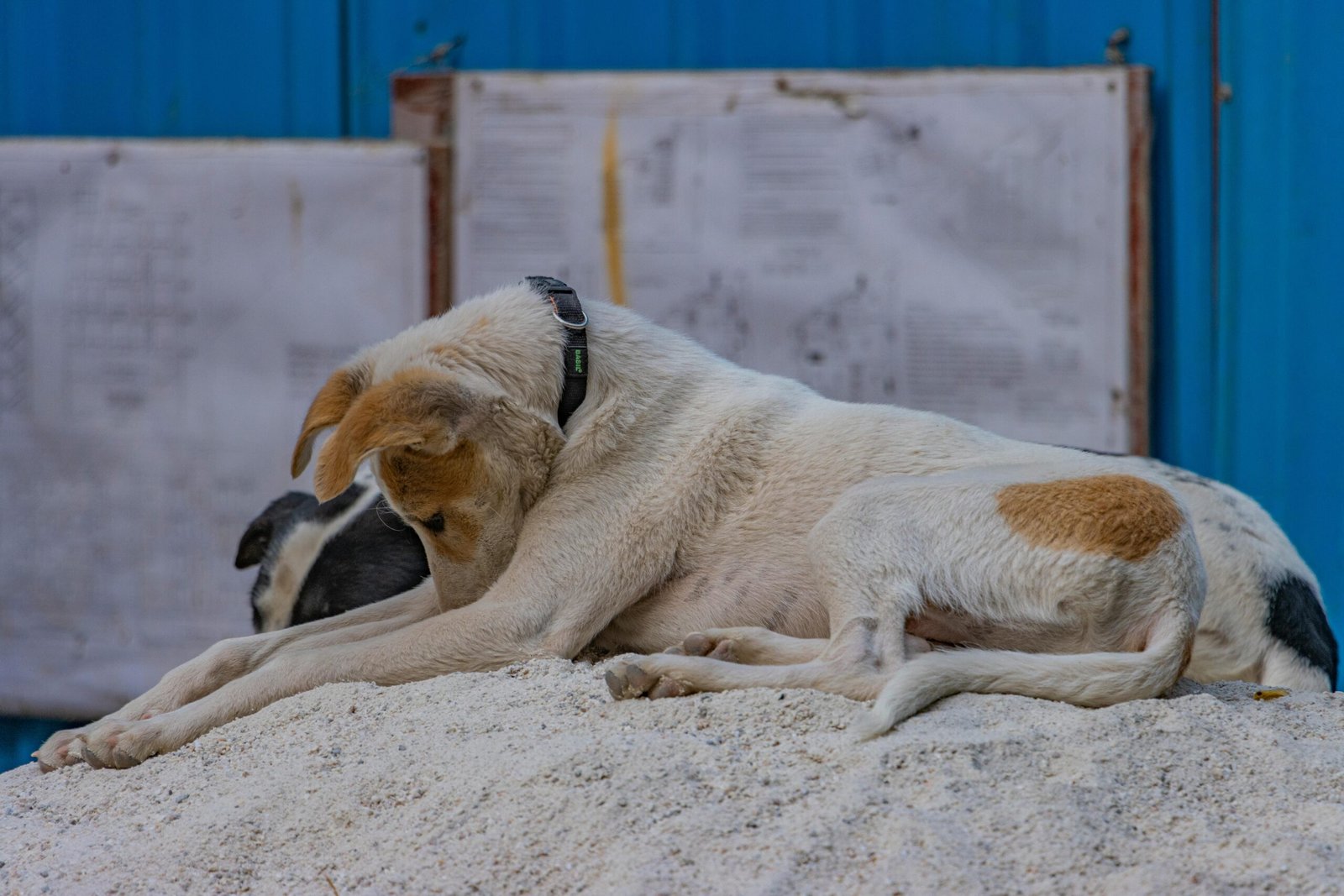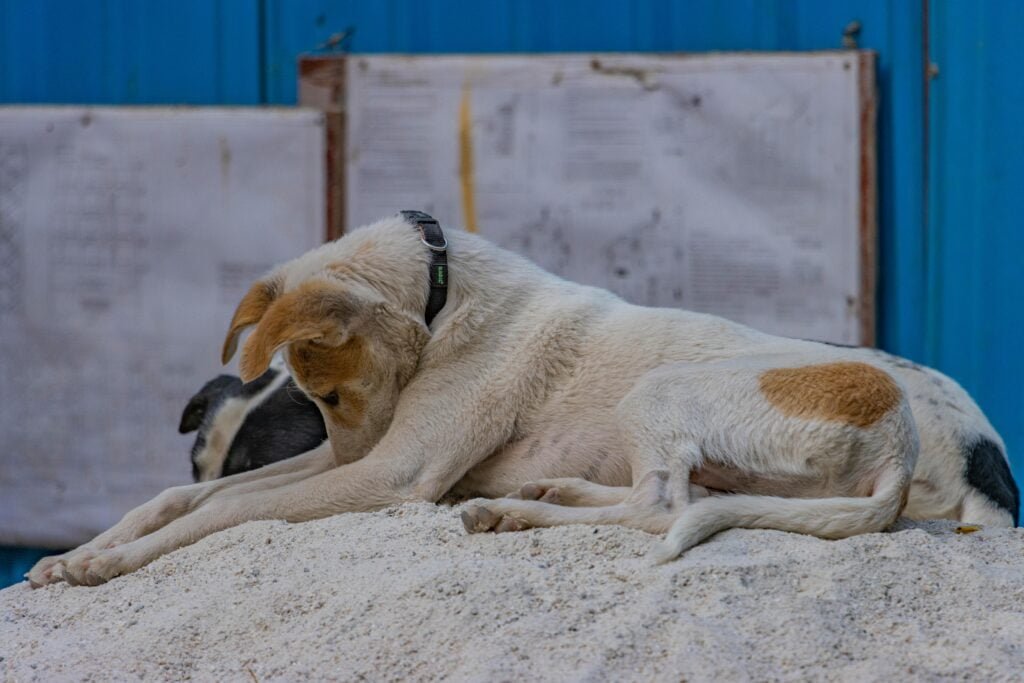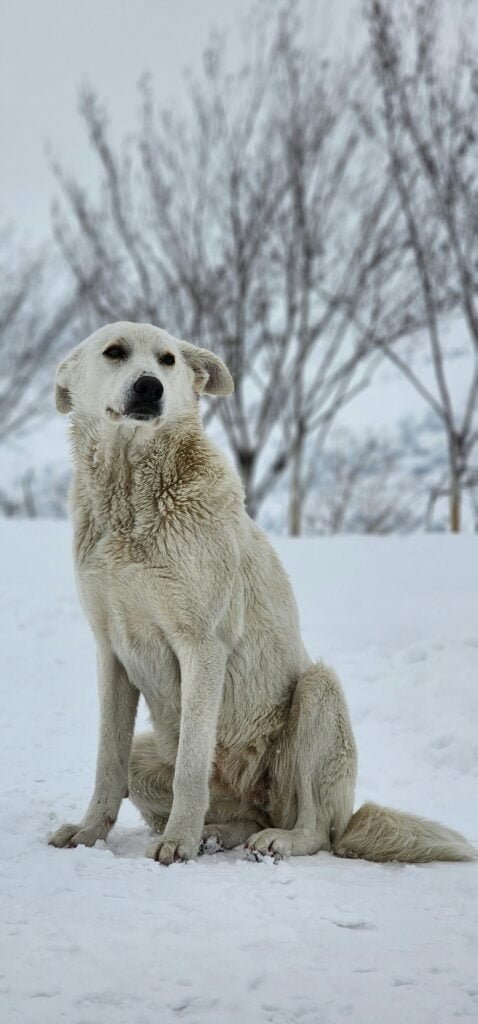
The article “The Role of Zinc in Maintaining Your Dog’s Immune System and Skin Health” delves into the essential benefits of zinc for your furry friend’s overall well-being. By highlighting how zinc supports a robust immune system and promotes a healthy skin and coat, it emphasizes the importance of incorporating this vital nutrient into your dog’s diet. Whether you’re a seasoned dog owner or caring for a young pup, understanding the role of zinc can help you make informed decisions about canine health products and supplements. Your dog’s health experts recommend consulting your veterinarian to ensure your pet receives the right balance of nutrients for their specific breed and age, ultimately fostering optimal health and a happy, wagging tail. Have you ever wondered how essential nutrients play a role in your dog’s health and well-being? As a loving dog owner, it’s natural to want the best for your furry friend. One crucial nutrient that often gets overlooked is zinc. Let’s dive deep into understanding the role of zinc in maintaining your dog’s immune system and skin health.

The Importance of Zinc in Your Dog’s Diet
Zinc isn’t just a trace mineral; it’s a powerhouse that contributes significantly to various bodily functions. It supports the immune system, promotes skin health, and aids in numerous enzymatic processes.
Why Zinc Matters
Zinc is vital for your dog’s overall health and well-being. It helps in the synthesis of proteins and DNA, supports a normal inflammatory response, and maintains the integrity of your dog’s skin and coat. Zinc deficiency can lead to various health concerns, including compromised immunity and poor skin health.
The Role of Zinc in the Immune System
The immune system is your dog’s first line of defense against infections and diseases. Zinc supports a normal immune response by assisting in the creation and function of white blood cells. White blood cells are crucial for identifying and fighting off pathogens that can make your dog sick.
How Zinc Supports Skin Health
When it comes to skin health, zinc does wonders. It helps in wound healing, maintains skin elasticity, and supports a shiny and healthy coat. Dogs experiencing zinc deficiency may suffer from symptoms like hair loss, scaly skin, and a dull coat.
Understanding Zinc Deficiency in Dogs
Zinc deficiency can occur due to various reasons, including poor diet, certain medical conditions, or poor absorption. It’s essential to recognize the symptoms to ensure your dog gets the help it needs.
Symptoms of Zinc Deficiency
Some common symptoms of zinc deficiency in dogs include:
- Hair loss
- Scaly or crusty skin
- Poor wound healing
- Loss of appetite
- Reduced growth rate in young dogs
- Impaired immune function
Causes of Zinc Deficiency
There are several causes for zinc deficiency:
- Diet: Dogs fed a diet lacking in essential nutrients may develop zinc deficiency.
- Absorption Issues: Some dogs have trouble absorbing zinc from their diet.
- Breed Predisposition: Certain breeds, like Siberian Huskies and Alaskan Malamutes, are more prone to zinc deficiency.
Sources of Zinc for Dogs
Providing the right sources of zinc in your dog’s diet is critically important. This ensures they get the necessary amount to support their overall health.
Natural Sources
Many commercial dog foods are fortified with zinc, but you can also find this essential nutrient in natural sources:
- Meat and Poultry: Beef, turkey, and chicken are good sources.
- Fish: Salmon and other fatty fish are rich in zinc.
- Eggs: A great addition to your dog’s diet for both zinc and protein.
Supplements
Sometimes, natural sources alone aren’t sufficient. In such cases, zinc supplements can be a valuable addition to your dog’s diet. These are specifically formulated for dogs and often come in chewable tablets, making them easy to administer.
Choosing the Right Supplements
Supplements can be a great way to ensure your dog gets enough zinc, but it’s essential to choose high-quality products.
What to Look For
- NASC Quality Seal: This seal from the National Animal Supplement Council ensures that the supplement meets high-quality standards.
- Ingredients: Look for products made from high-quality, natural ingredients.
- Formulation: Ensure the supplement is formulated specifically for dogs.
Popular Supplements
Here’s a table highlighting some popular zinc supplements for dogs:
| Supplement Name | Key Features | Form |
|---|---|---|
| Zesty Paws Multivitamin | Contains zinc along with other essential nutrients | Chewable Tablets |
| Nutramax Cosequin | Supports joint health and contains zinc | Capsules |
| PetHonesty Multivitamin | Organic ingredients, includes zinc and other vitamins | Soft Chews |
Consulting with Your Veterinarian
Before adding any supplements to your dog’s diet, it’s crucial to consult with your veterinarian. They can provide personalized recommendations based on your dog’s specific health needs and conditions.

The Best Diet to Maintain Your Dog’s Health
Zinc should be part of a well-rounded diet. Let’s look at how to create a complete and balanced diet that includes essential nutrients for your dog.
The Role of a Balanced Diet
A balanced diet ensures your dog gets all the necessary vitamins and minerals required for optimal health. This includes:
- Protein: Supports muscle growth and repair.
- Fatty Acids: Essential for a healthy coat and skin.
- Carbohydrates: Provide energy for an active lifestyle.
- Vitamins and Minerals: Aid in various bodily functions and promote overall health.
Foods Rich in Essential Nutrients
Incorporate these nutrient-rich foods into your dog’s diet:
- Lean Meats: Chicken, turkey, and beef provide high-quality proteins.
- Fish: Rich in omega-3 fatty acids and zinc.
- Eggs: A good source of protein and zinc.
- Vegetables: Spinach and carrots offer vitamins and minerals.
Dog Food Recommendations
Here are some recommended dog foods that provide a balanced diet:
| Brand | Key Features | Type |
|---|---|---|
| Blue Buffalo | Natural ingredients, fortified with vitamins | Dry Food |
| Hill’s Science Diet | Supports overall health, includes essential nutrients | Wet Food |
| Royal Canin | Tailored to specific breeds and health needs | Dry and Wet Food |
Zinc and Common Health Concerns in Dogs
Understanding how zinc can help with specific health concerns can help you better care for your pet.
Skin Conditions
Zinc is often used to address various skin conditions in dogs. Zinc deficiency can lead to issues like dermatitis and hair loss, and adding zinc to the diet can improve these conditions.
Immune Support
As dogs age, their immune systems can weaken. Zinc supplements can help support a strong immune response, keeping your dog healthier for longer.
Joint Health
Zinc isn’t only helpful for skin and immunity; it also plays a role in maintaining joint health. Combined with other supplements like glucosamine and chondroitin, it can support joint function in senior dogs.

Combining Zinc with Other Supplements
A holistic approach to your dog’s health often involves combining zinc with other beneficial supplements.
Omega-3 Fatty Acids
Omega-3 fatty acids work well with zinc to support skin and coat health. They also have anti-inflammatory properties, beneficial for dogs with joint issues.
Glucosamine and Chondroitin
These are often used to support joint health. When combined with zinc, they can provide comprehensive support for older dogs or those experiencing joint discomfort.
Probiotics
Probiotics support gut health, which in turn can enhance the absorption of nutrients, including zinc. They help maintain a healthy balance of gut bacteria, crucial for overall well-being.
Multivitamins
Multivitamins often contain zinc along with other essential nutrients. They can be a convenient way to ensure your dog gets a balanced intake of vitamins and minerals.
When to Talk to Your Veterinarian
While adding zinc to your dog’s diet offers many benefits, it’s always best to consult your veterinarian before making any changes.
Signs It’s Time to Consult
Look for these signs to know when to talk to your vet:
- Persistent skin issues
- Frequent infections or slow healing
- Symptoms of zinc deficiency
- Changes in appetite or behavior
Regular Check-ups
Regular veterinary check-ups are crucial for maintaining your dog’s health. Your vet can monitor zinc levels and overall health, ensuring any issues are caught and addressed early.
How to Ensure Optimal Health for Your Dog
Maintaining your dog’s health requires a multi-faceted approach that includes diet, regular exercise, and veterinary care.
Balanced Diet
Ensure your dog gets a complete and balanced diet rich in essential nutrients, including zinc. High-quality commercial dog foods often meet these requirements.
Regular Exercise
Exercise is crucial for maintaining a healthy weight and supporting joint health. Regular walks, playtime, and mental stimulation are essential.
Routine Veterinary Care
Regular vet visits ensure early detection and treatment of health issues. Vaccinations, dental cleanings, and overall health check-ups should be part of your dog’s routine care.
Use of Supplements
When necessary, use supplements to address specific health concerns. Always choose high-quality products and consult with your vet before introducing new supplements.
Conclusion
Zinc plays an indispensable role in maintaining your dog’s immune system and skin health. From supporting a robust immune response to promoting a healthy coat, this trace mineral is vital for your dog’s overall well-being. By providing a balanced diet, incorporating high-quality zinc supplements when needed, and consulting with your veterinarian, you can help ensure your furry friend stays happy and healthy.
So, the next time you think about your dog’s health, remember the significant role zinc plays. Whether you are dealing with a young, active dog or a senior pet, this essential nutrient can make a world of difference. Offering your dog the best care doesn’t just mean love and attention—it also means prioritizing their nutritional needs.
Feel free to reach out to your veterinarian for guidance and make informed decisions that contribute to your dog’s optimal health and happiness.







